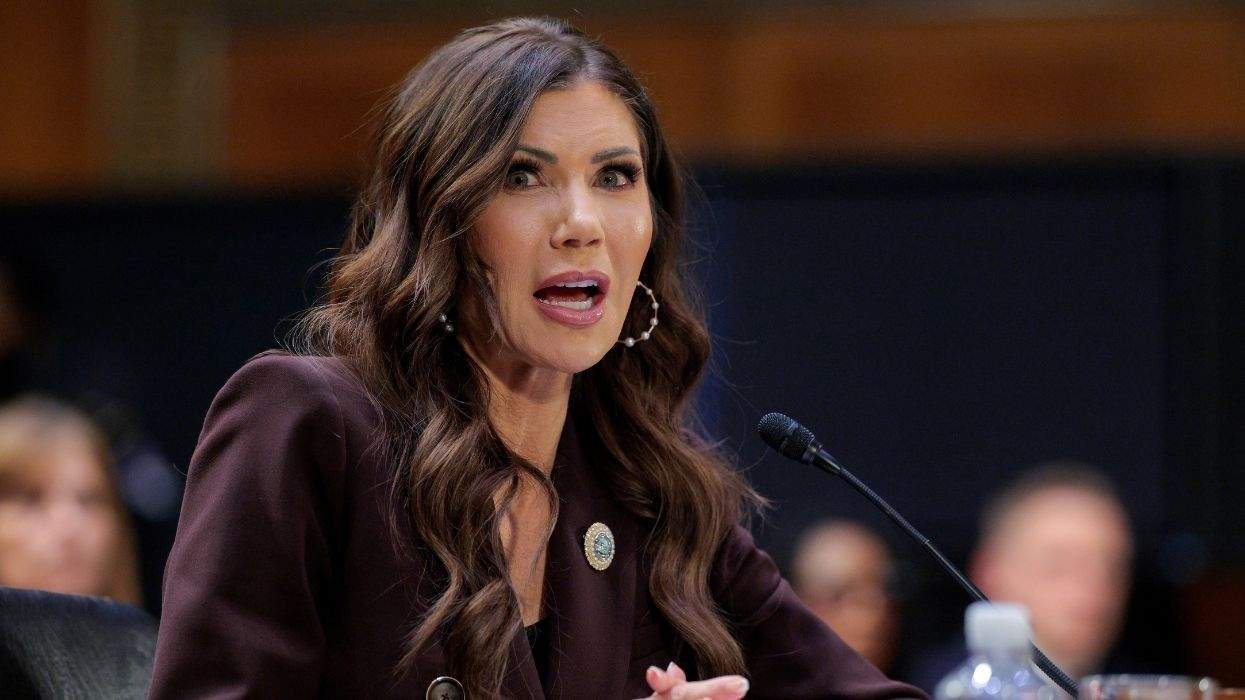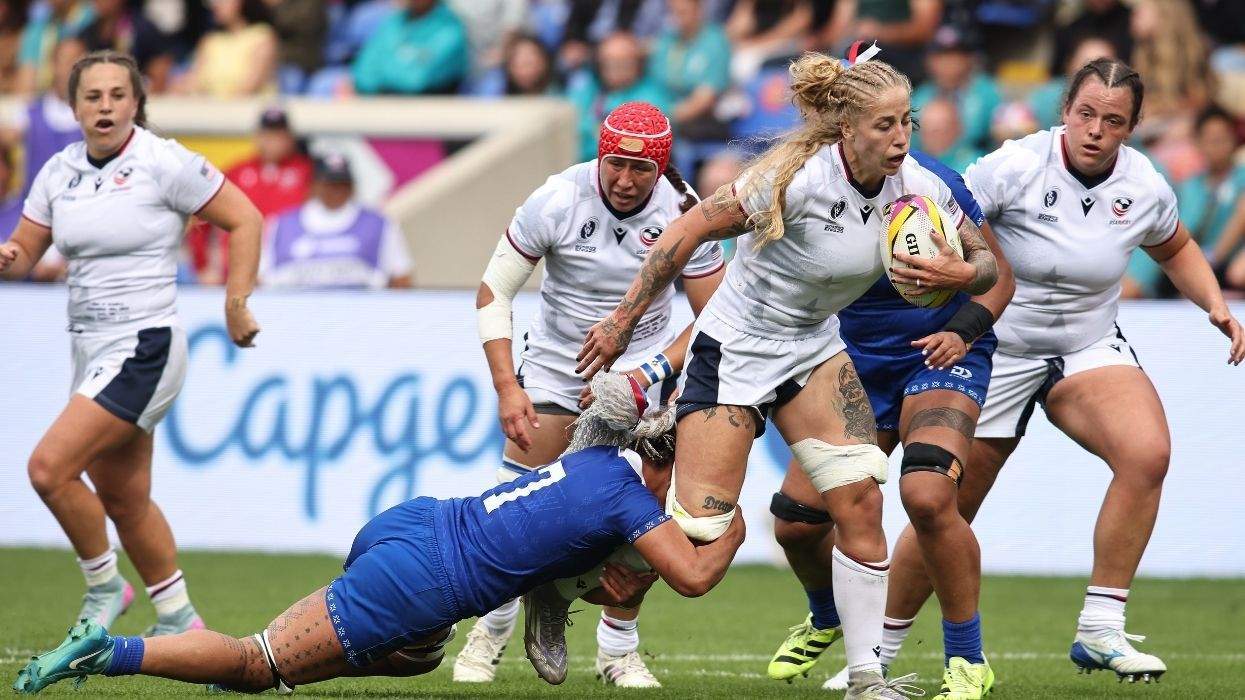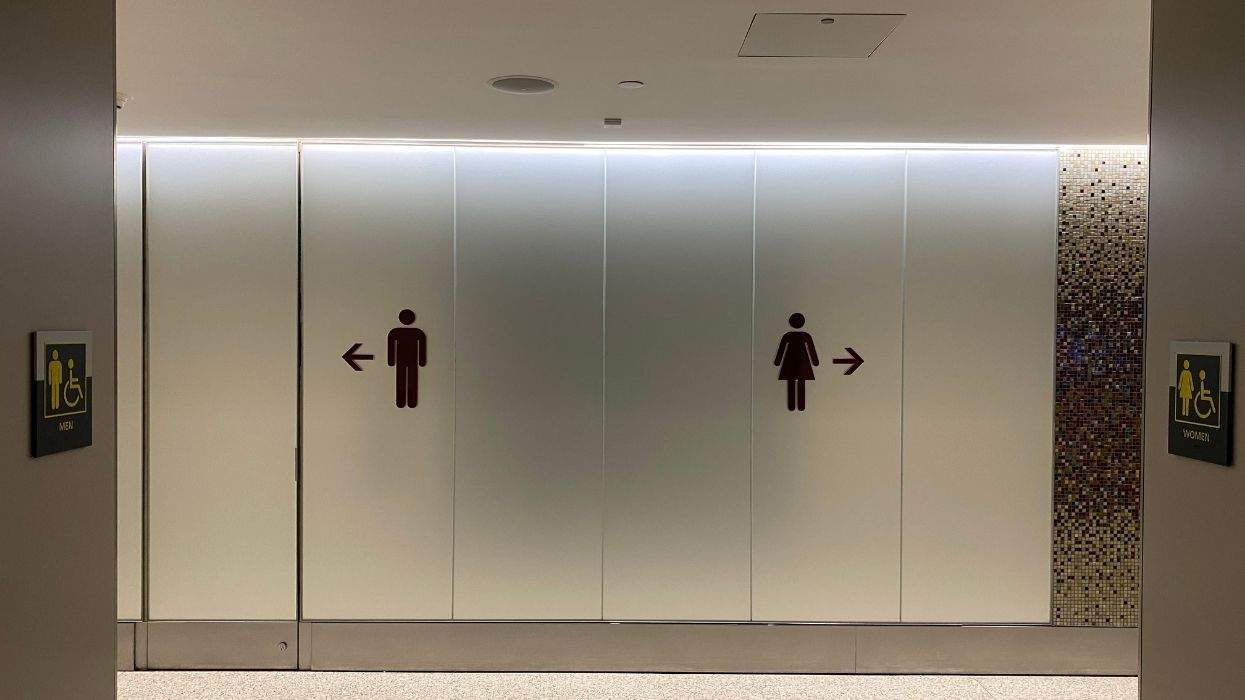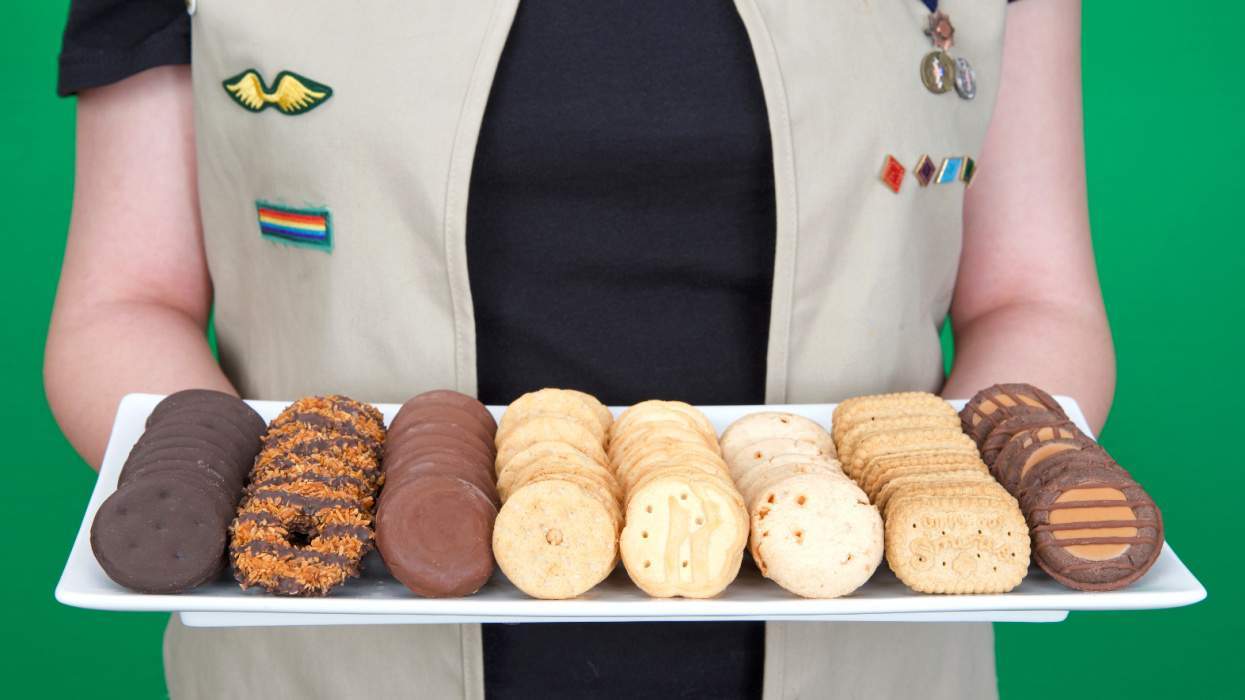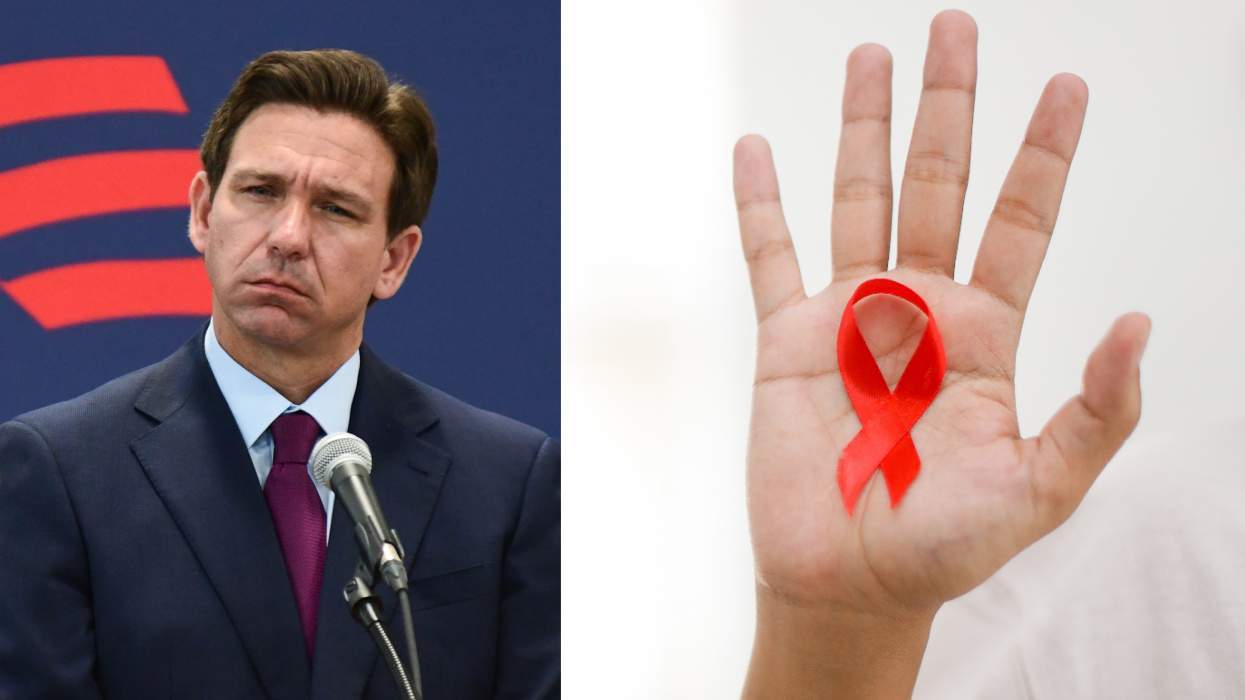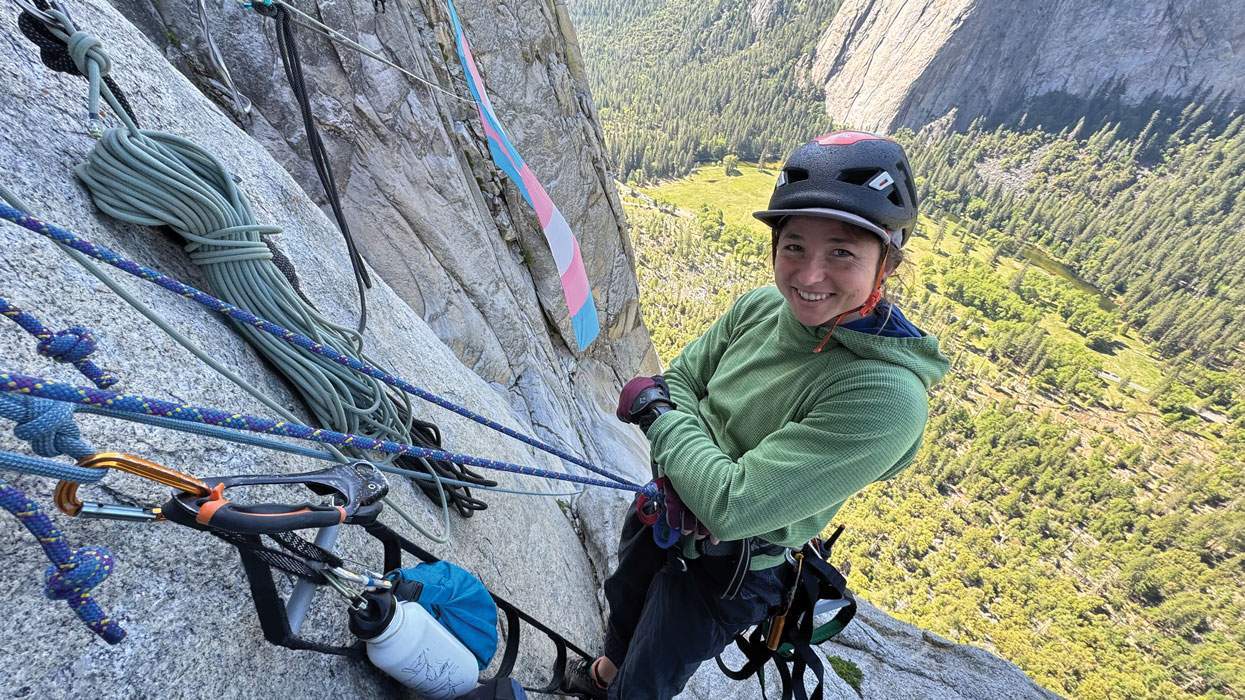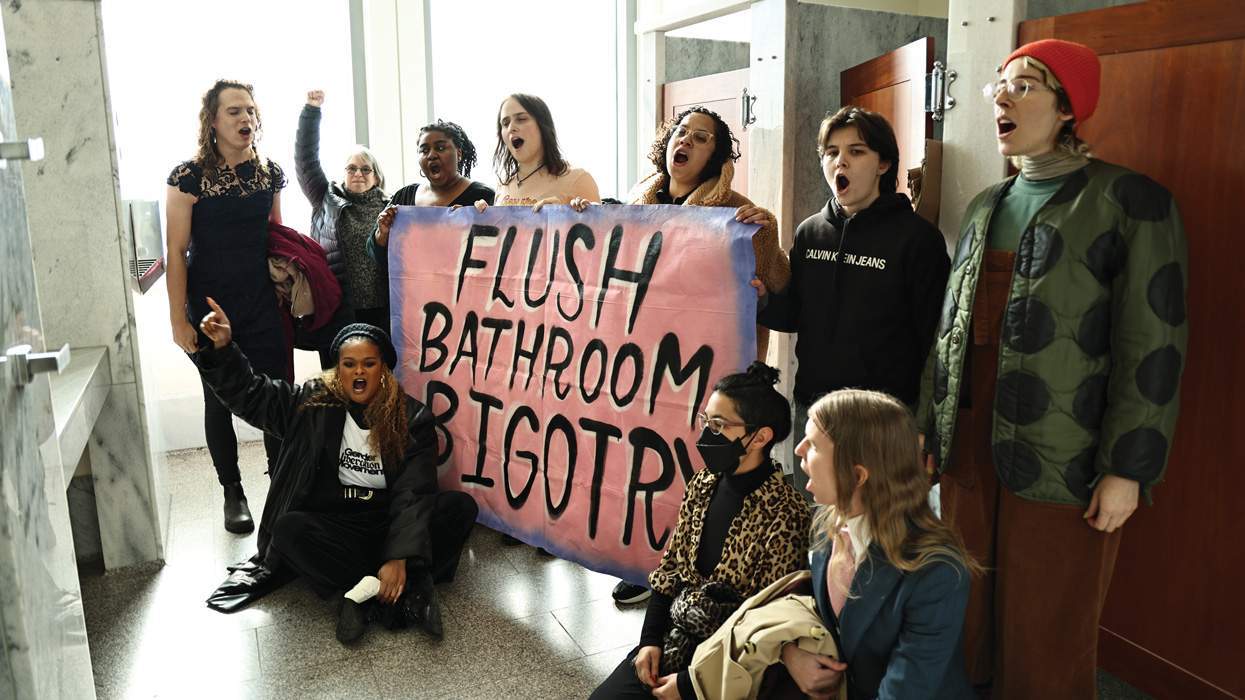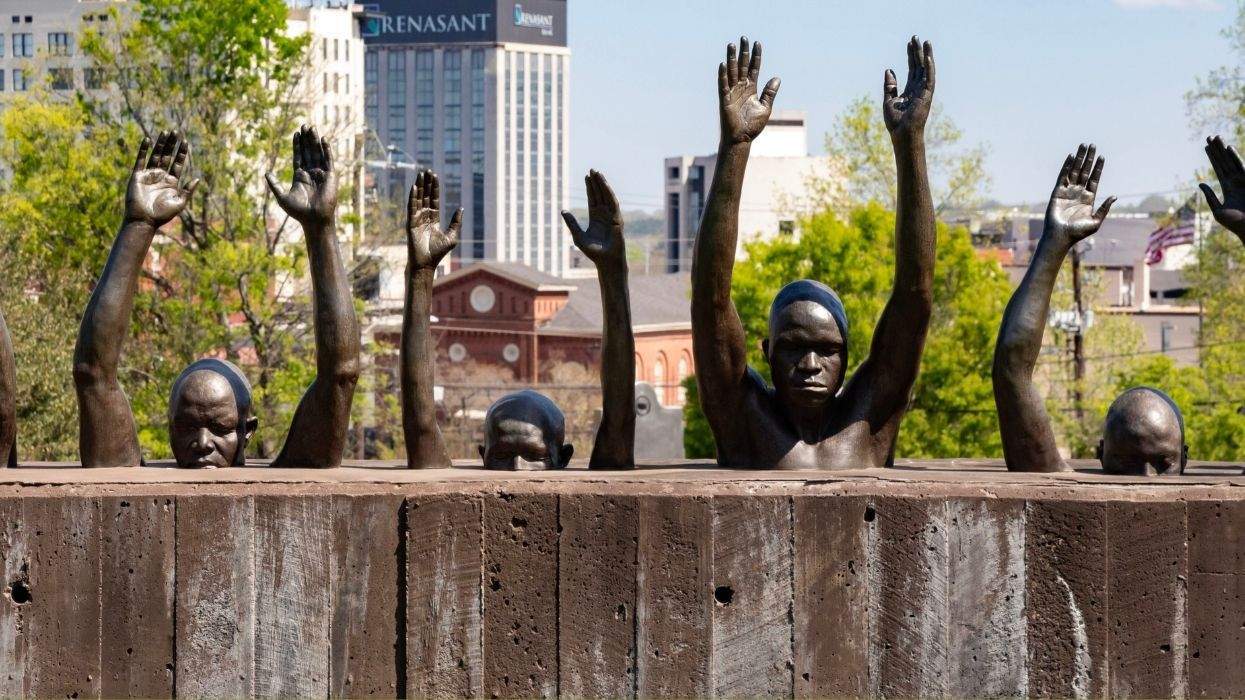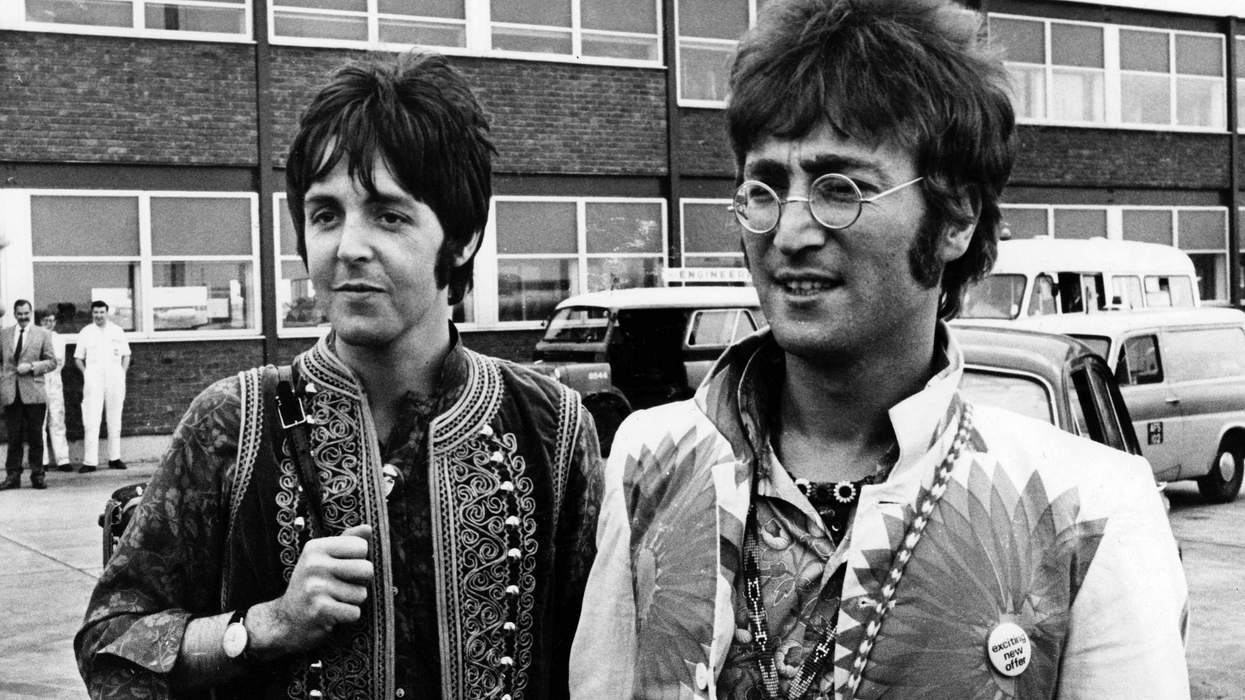In a scene from the season 2 finale of Hulu's The Great, the Russian Empress Catherine (Elle Fanning) addresses her court at a wedding celebration. (There are some light spoilers ahead, so if you're not caught up on The Great, perhaps pause here.)
"I have carried a romantic idea of people all my life, perhaps too romantic," she says. "That has changed quite a bit recently. I saw a great love as a kind of perfect love. Maybe it's not. Maybe a great love, like a great country, or a great leader even, is a flawed one. Maybe what makes it great is its embrace of our failings, our scars, our fucked-up-edness, as long as we are questing always for better, knowing that we will bring ourselves down as often as we set ourselves free. Maybe a great marriage is simply the ability to hold all that in one tender, yearning heart."
In this speech, Catherine, a fictionalized version of the 18th-century noblewoman Catherine the Great, alludes to forgiving her husband, Peter (Nicholas Hoult), whom she deposed last season. Earlier, Peter had sex with Catherine's mother and then caused her death; she fell from the bedroom window during coitus. Love -- it's complicated!
But what Catherine said about the nature of love also stirred something within my heartstrings, too. Like her, I began my youth with a rosy, Disney-fied view of what a relationship ought to be. As the fairy tales went, I would one day find a "true love" and then enjoy a life of devotion and monogamy -- until death did we part.
Of course, life is far more complex. In The Great's Russian court, for example, Catherine is soon disabused of any romantic notions. She learns that her new husband has had sex with nearly all of the women in her orbit. He is also actively in a polyamorous relationship, and he encourages her to do the same, procuring for her a lover who would kindle her first great passion.
As I watched all of this fictional intrigue unfold, my partner and I were sheltering in place together through lockdown and the messy reopening of a pandemic-stricken world. (By the way, Catherine, who tries to import the progressive ideas of the Enlightenment to a conservative country, also struggles with overcoming her subjects' vaccine hesitancy.)
And with all of the time my partner and I were spending together, we began a process of introspection into our own relationship. For 10 years, we had considered ourselves to be monogamous (with perhaps one or two "mistakes" along the way). We had never seriously considered other options. A part of this was timing. Both of us had come of age during the fight for marriage equality, in which advocating for gay equality meant, to us, espousing respectability politics. Here we are, just like you, we would present to our straight couple friends: committed and serious and so unlike those gay stereotypes.
While my partner and I were happy with our relationship, in retrospect, it involved a measure of self-delusion. Biologically, "new relationship energy" only lasts so long, and I found myself yearning for that spark of new contact, for flirtation with other men I found attractive, and for maybe something more. Also, relationships change who we are as people; different partners bring out different sides of us, for better or worse. While I was very happy with my partner, his many outstanding qualities, and how these qualities complemented mine, I wondered who I could become with a different foil by my side, what different path in life I might have taken.
Troublingly, as I repressed these thoughts, I realize now I may have also judged relationships that were not like mine, particularly queer couples, for whom the burden of representation falls hardest. The intergenerational throuple, the Palm Springs swingers, the married couple who went to circuit parties. Before, these had seemed like strange and impossible trajectories for me.
As usual, reading helped me change my mindset. In her book Stepping Off the Relationship Escalator, Amy Gahran talks in length about the phrase "relationship escalator," which is society's expectation of what a relationship should look like: dating, exclusivity, cohabitation, a lifelong marriage, kids, and then death. This is the narrative we overwhelmingly see in culture, but it belies the reality that there are countless different kinds of relationships where intimacy can blossom. While monogamy and the many societal benefits it confers is a wonderful route for many, there are also many people who feel trapped by it. There are other ways to live and love.
As an editor at The Advocate and now Out, I have longed championed LGBTQ+ representation in media. After all, having a seat at the table helps humanize us to the world and engenders greater equality and acceptance. But over the years, I've come to realize this representation means more than just seeing a gay person on-screen. The ways in which we love one another, particularly the bonds that we form over a lifetime that don't conform to a heteronormative mold, also deserve to be seen, respected, and celebrated, instead of stigmatized and erased.
I don't know where these conversations with my partner will lead in the years ahead. (For couples considering polyamory, please also read The Ethical Slut by Dossie Easton and Janet Hardy; it's a wonderful guide into this terrain that may save you an argument or 20.) But I'm so happy to be having them. I've become more open-minded with myself and others. Already, I've learned so much more about who my partner is. I've learned more about who I am.
The Ethical Slut devotes many pages to abundance: the idea that with the right amount of work, it is possible to discover a universe of infinite love. After the past few years, which were so sown with hate and division, that universe is one I want to live in. Here's to abundance, or, as the Russians would say on The Great while making a toast or throwing a grand orgy, Huzzah!
This story is part of The Advocate's 2022 Love issue, which is out on newsstands February 2022. To get your own copy directly, support queer media and subscribe -- or download yours for Amazon, Kindle, Nook, or Apple News.

